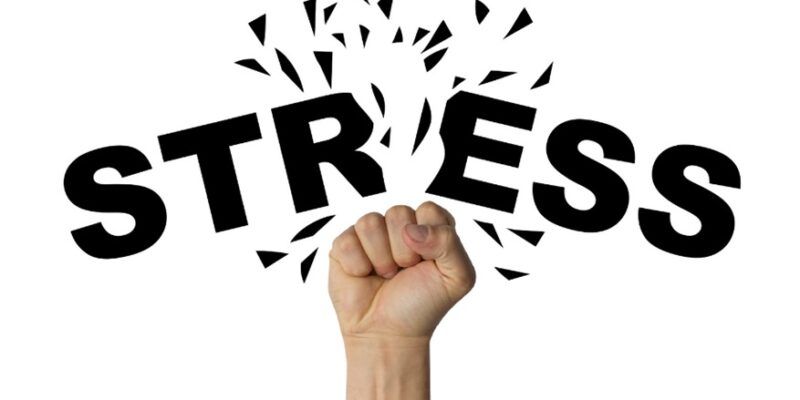Low back pain is a common ailment that affects millions of people worldwide. It can range from mild discomfort to debilitating chronic pain, and it can have a significant impact on an individual’s daily life. While there are many factors that can contribute to low back pain, one often overlooked factor is stress. Stress can have a profound effect on the body, including causing or exacerbating low back pain. In this article, we will explore the connection between stress and low back pain and discuss how taking a holistic approach to managing stress can help alleviate and prevent this common ailment.
The Physical Effects of Stress
Stress is a natural response to challenging situations, and it is something that everyone experiences. However, when stress becomes chronic or overwhelming, it can take a toll on the body. When we experience stress, our bodies release hormones such as cortisol and adrenaline, which trigger the fight or flight response. This response prepares us to deal with perceived threats by increasing heart rate, blood pressure, and muscle tension.
While this response is helpful in short bursts, prolonged exposure to stress hormones can lead to physical symptoms such as headaches, digestive issues, and muscle tension. It also further exacerbates any existing pain, including low back pain. When stress causes muscle tension in the back, it can put pressure on the spine’s nerves and lead to pain and discomfort. In this case, seeking a healthcare professional for low back pain in Boca Raton, as well as finding the root cause of stress is essential as it can help alleviate the pain and prevent future flare-ups.
The Psychological Effects of Stress
Stress not only affects us physically but also has a significant impact on our mental health. Chronic stress can lead to anxiety, depression, and other mood disorders that can further worsen low back pain. These psychological effects can create a vicious cycle where stress leads to increased pain, which then causes more stress, and so on.
Stress also affects the way we cope with pain. In times of high stress, individuals may be more likely to engage in unhealthy coping mechanisms such as overeating, smoking, or excessive alcohol consumption – all of which can contribute to low back pain.
Taking a Holistic Approach
To effectively manage stress and prevent it from exacerbating low back pain, taking a holistic approach is essential. This means addressing the physical, psychological, and emotional aspects of stress to find balance and harmony in our overall well-being.
One effective way to reduce stress and alleviate low back pain is through regular exercise and physical activity. However, it is essential to choose low-impact exercises that do not put excessive strain on the back. For instance, if you are wondering whether walking is good for lower back pain or if swimming or yoga would be better, then it is best to consult with a healthcare professional as well as understand your body’s limitations.
In addition to physical activity, incorporating stress-reducing practices such as meditation, deep breathing exercises, and mindful journaling can also help manage stress levels. Counseling or therapy may also be beneficial in addressing the root causes of stress and finding healthy coping mechanisms.
In Conclusion
Stress is an inevitable part of life, but it does not have to control us or our health. By taking a holistic approach to managing stress and learning various other tips to sleep with lower back pain, we can alleviate and prevent lower back pain. It is essential to listen to our bodies, seek help when needed, and find healthy ways to cope with stress and its effects. By doing so, we can improve our overall well-being and lead a healthier, pain-free life.












Comments